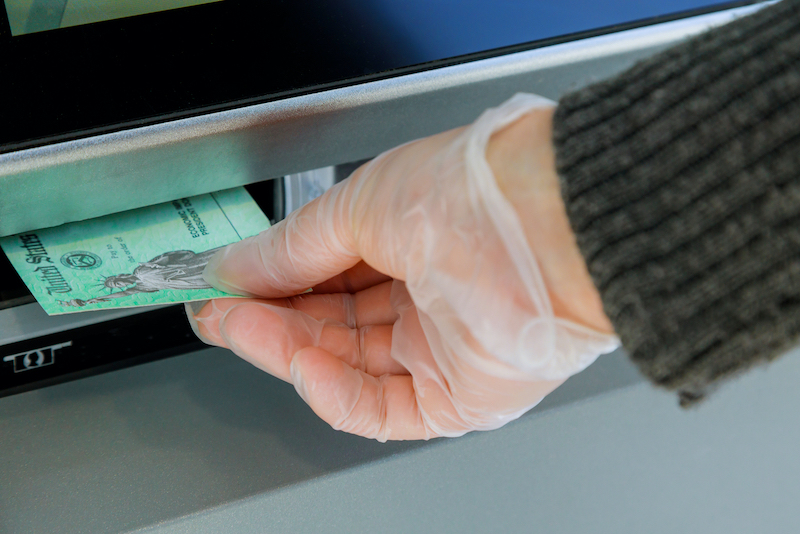Of my 30+ “tax seasons”, I think this was the most challenging, because Congress changed the law late in 2020 (not so unusual) and even well into the filing season, after millions of returns had already been filed. Two of those changes might result in tax refunds for early filers.
The first major change benefited taxpayers who received unemployment in 2020. Unemployment benefits are taxable for federal purposes but legislation passed in March of 2021 made the first $10,200 of benefits received in 2020 exempt from taxes for taxpayers with a modified adjusted gross income less than $150,000 (regardless of filing status). Many of those taxpayers had already filed when the legislation passed, and we thought amended returns would be required. Instead, the IRS is determining the amount of the refunds those taxpayers will receive. The first phase, involving simpler returns, is taking place now. The Service hopes to finish the recalculation for more complicated returns by the end of this summer. Refunds are being directly deposited into the bank account that the IRS has on record for the taxpayer. The remaining refunds are being sent as a paper check to the address on record for the taxpayer. Taxpayers will receive a notice explaining the corrections to their returns, supposedly within 30 days of the correction. Some taxpayers, however, will be eligible for income-related credits that will not be automatically triggered during the IRS recalculation. Those taxpayers WILL be required to file amended returns to receive that additional refund.
This same legislation suspended the requirement for taxpayers to return any excess advance payments of the Premium Tax Credit for 2020. That is a less complicated calculation and taxpayers who filed and repaid the excess subsidy will get that amount refunded as well. If both refunds apply, the taxpayer will receive them in one payment, either as a paper check or direct deposit. If you are expecting a paper check and you have moved and not updated your address with the IRS, you should do that as soon as possible. You can do this by phone (not the best option right now), using Form 8822, or with a written statement to the IRS.
If you don’t get your refund or if it’s not the amount you expected, please contact us for assistance.
Article Submitted by – Lois S. Fried, CPA, CFE, CVA, ABV







